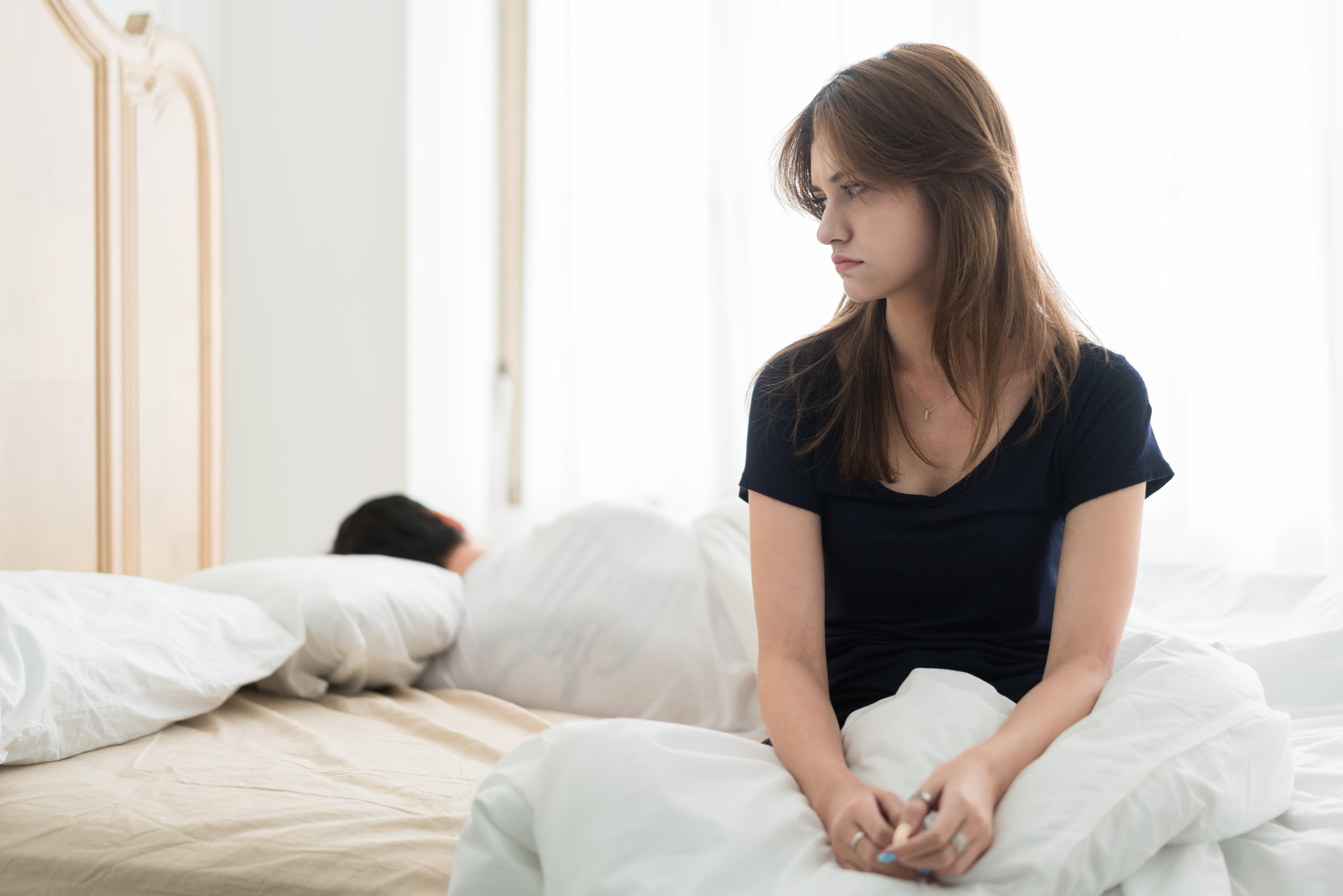Domestic abuse services brace for surge in victims seeking help in first week of January
Exclusive: 4 January was the busiest day of the year in 2021 for the National Centre for Domestic Violence

Domestic abuse services are preparing for a surge in victims coming forward for help in the first week of January after spending Christmas with abusive partners.
The new year often brings an increase in violence due to family confinement, higher alcohol consumption and money worries.
Exclusive data from the National Centre for Domestic Violence (NCDV), which provides free emergency injunctions for abuse survivors, shows a 30 per cent increase in the number of referrals in January 2020, when compared with an average day that year.
In January 2021, there was a 22 per cent increase in referrals in comparison to an average day that year. While 4 January 2021 was the busiest day of the year, with the centre receiving 317 referrals.
Sharon Bryan, head of partnerships and service development at the NCDV, told The Independent that the first week of January is “a hugely stressful time” for those working in domestic abuse services.
She added: “I have worked in the domestic abuse sector for the last 24 years. It is an unwritten thing that come 4 January, it goes mental, after being quiet in the lead up to Christmas. The peak day is the first day back at work in the new year. That day is usually the 3 or 4 January.”
Ms Bryan, a domestic abuse survivor who escaped her own violent partner on 4 January 1988, said the first week of January was also very busy when she worked in a refuge and on the board of trustees for leading domestic abuse charity Women’s Aid.
“It is because women put up with it over Christmas. Especially for mothers who feel guilt and shame that taking their child away from home over Christmas is too much. That is certainly what I felt,” she said.
“I was going to leave on Christmas Eve after a particularly violent assault. I had a younger daughter. Nobody knew about the abuse. I stuck it out over Christmas. Christmas was really bad.
“He was very drunk and got me and my daughter in the car and drove down the motorway saying he was going to drive into the metal barriers in the middle of the motorway.”
Her ex, who was charged with rape, grievous bodily harm (GBH) with intent, and actual bodily harm (ABH), was very physically, sexually and emotionally abusive and controlling towards her, Ms Bryan said.
The National Centre for Domestic Violence, the largest organisation of its kind in the UK, provides non-molestation orders, which can last up to a lifetime, which often restrict where abusers can go or whom they can approach, and can be used to prevent a partner or ex-partner from using or threatening violence against a victim or their child.
Many domestic abuse victims take action against abusers through the civil courts rather than the criminal system because it is a less distressing and less protracted process.
Leaders of charities offering support to women experiencing domestic abuse previously told The Independent they fear this Christmas could be worse than usual, with financial pressures brought about by the pandemic exacerbating the impact on those who are at risk.



Join our commenting forum
Join thought-provoking conversations, follow other Independent readers and see their replies
Comments